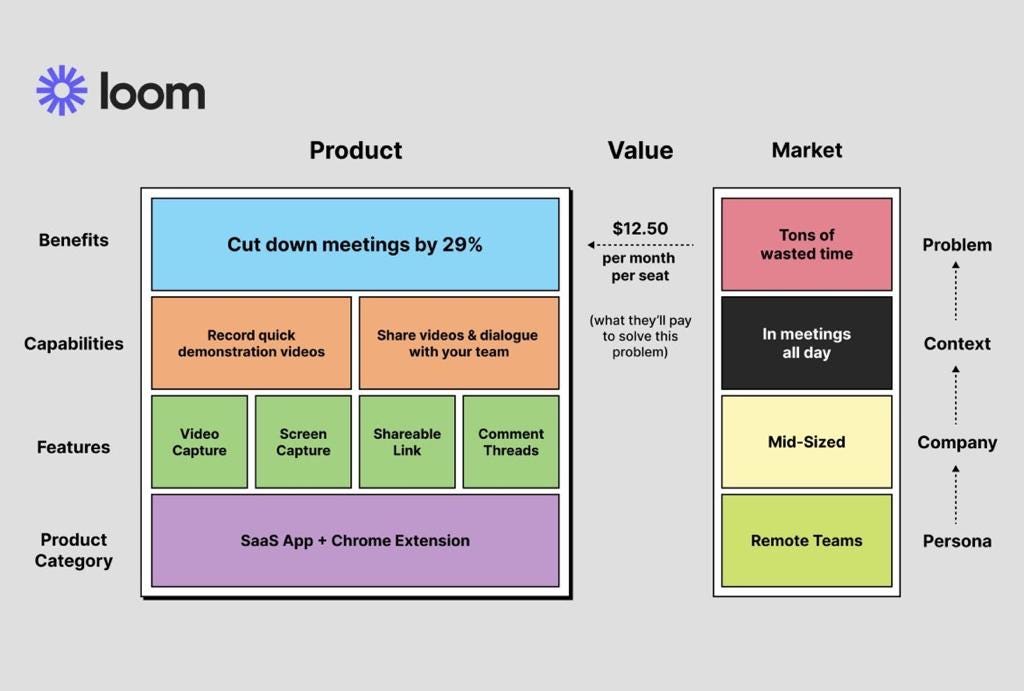⚡ Have you wondered why coupons work?
Hey there!
Hey. Welcome back (or welcome) to Kwerks. Here’s what you’ll find in today’s newsletter:
A behavioral science-based marketing tip, and
Some marketing wisdom. 😇
Something interesting from my swipe file.
Let’s talk marketing! - Connect with me on Linkedin
Previous Tip: You need to fix your SaaS signup flow today! (All tips here)
About Mental Accounting Bias
Mental accounting bias is a cognitive bias in which people divide their money into separate categories based on subjective criteria such as the source of the money or its intended use. This bias has important implications for marketing and advertising, especially when it comes to coupons.
📈 Recommendation
Use "money off" coupons instead of percentage discounts
🎓 What do studies say?
In a study conducted by researchers at the University of Arizona, participants were given either a $5 coupon for a bookstore or a $5 coupon for a hardware store. The participants were then asked to rate how likely they were to use the coupon, how much they would save with the coupon, and how much they would spend overall at the store.
The researchers found that participants who received the coupon for the bookstore were more likely to use the coupon and perceived a greater value in the coupon, even though the savings and overall spending were identical to those who received the coupon for the hardware store. This is because people tend to mentally account for their money based on the type of purchase or store, rather than the overall value of the coupon.
🧠 How it works
The mental accounting bias works by influencing our perception of the value of money. When we mentally separate our money into different categories, we are more likely to spend money in certain categories and less likely to spend money in others. For example, if we mentally categorize a certain amount of money as "savings" or "fun money," we are more likely to spend that money in those categories, even if it would be more financially beneficial to spend it elsewhere.
🔧 How to implement this?
Segment your coupons based on product categories: If your business sells products in different categories, consider creating coupons that are specific to each category. This will appeal to customers who mentally account for their money based on product categories.
Use "money off" coupons instead of percentage discounts: When offering discounts, consider offering "money off" coupons instead of percentage discounts. This will appeal to customers who mentally account for their money based on the overall value of the coupon, rather than the percentage discount.
Create a loyalty program: A loyalty program can encourage customers to mentally account for their spending at your business as part of a larger loyalty program, rather than individual purchases. This can lead to increased spending and customer retention.
🧙🏽♂️ Kwerky marketing wisdom!
"Marketing is about values. It's a complicated and noisy world, and we're not going to get a chance to get people to remember much about us. No company is. So we have to be really clear about what we want them to know about us." - Steve Jobs
In today's crowded marketplace, it's not enough to simply promote a product or service - companies must communicate their values and why they matter. People often make purchasing decisions based on their values and beliefs, so it's essential for companies to understand what they stand for and to communicate that to their customers.
From the Swipe file archives
If you’re running a saas company and wondering how to position your product, here’s a simple example for you. Understanding which market you serve is crucial for effective positioning. Most companies get this wrong. This simple diagram will help you frame your positioning which you can then experiment on consistently till you nail it.
Cheers,
Vijay | Kwerks





